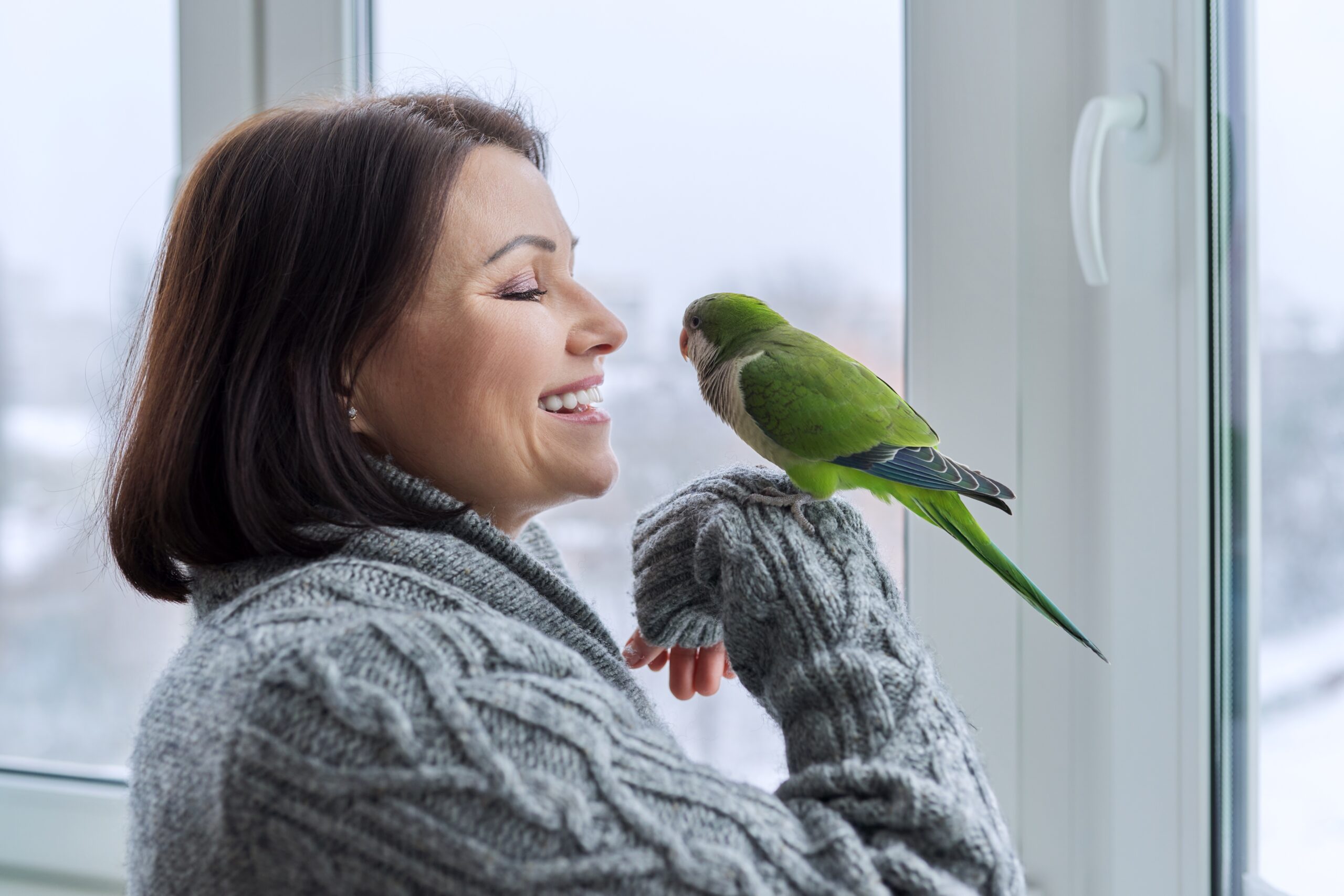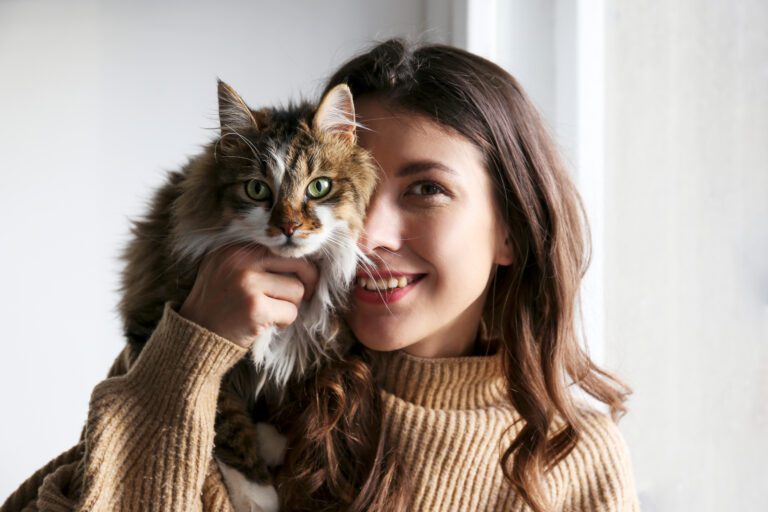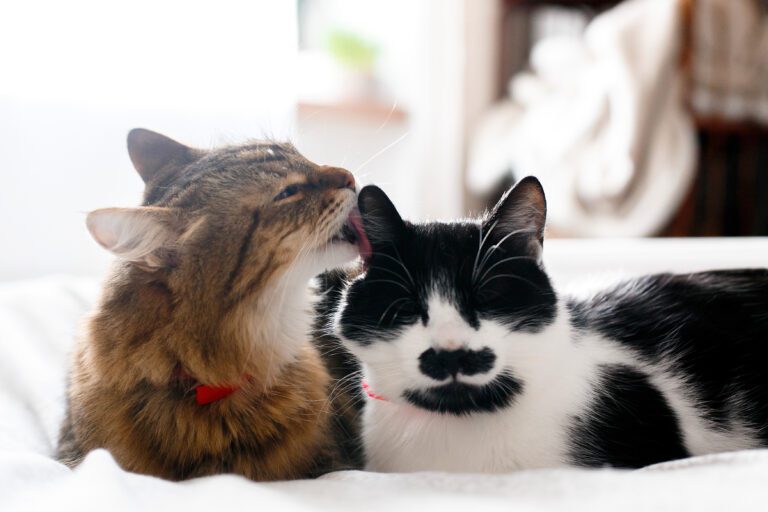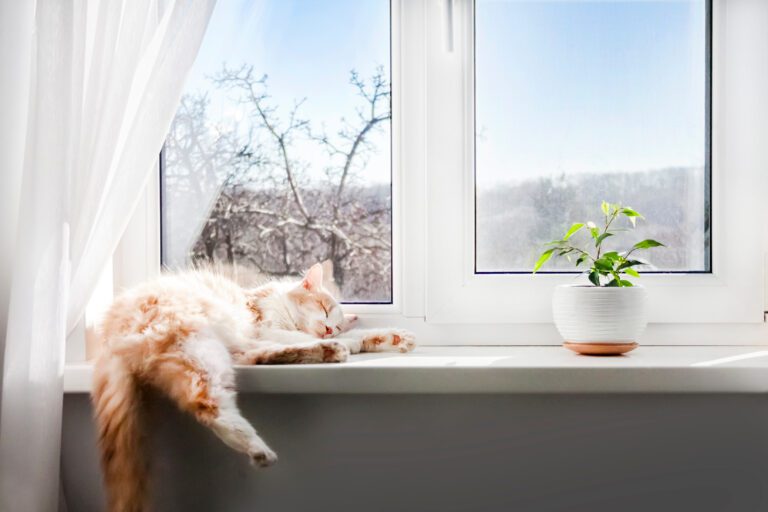Deciding whether to let your pet bird fly around your house depends on several factors, including the type of bird, its behavior, and the safety of your home. Here are some considerations to keep in mind:
Bird Species
Some bird species are better suited for free flight indoors than others. Smaller birds, such as budgies or cockatiels, can often navigate indoor spaces more safely than larger birds. Macaws or cockatoos probably shouldn’t be allowed to fly indoors.
House Safety
Ensure that your home is bird-proofed before allowing your bird to fly freely. Remove any hazardous items, such as toxic plants, open windows or doors, ceiling fans, hot stoves, or other potential dangers. Birds are curious and can get into trouble easily, so it’s important to create a safe environment for them.
Learn about pet insurance for birds.
See our list of recommended pet insurance providers!
Behavior & Training
If your bird is properly trained and has good recall, allowing it to fly around the house can be enjoyable for them. However, if your bird has a history of aggression, destructive behavior, or difficulty returning to its cage, it might be safer to restrict its flight or work on training before allowing free flight.
Supervision
It’s crucial to supervise your bird when it’s flying around the house. Accidents can happen quickly, and you need to be prepared to intervene if necessary. Keep an eye on your bird at all times to ensure its safety.
Feather Condition
If your bird has issues with feather plucking or is prone to flight accidents, it may be best to limit its flight and consult with an avian veterinarian for guidance.
Mental & Physical Stimulation
Flight is an essential form of exercise for birds. Allowing them to fly in a safe environment can provide mental and physical stimulation. However, even if your bird has the freedom to fly, it’s still important to provide regular out-of-cage time for exploration and social interaction.
Click here to learn about whether you and your home are best suited for 1 bird, or a flock!
Always prioritize the safety and well-being of your bird. If you’re unsure or have concerns, it’s a good idea to consult with an avian veterinarian or an experienced bird behaviorist who can provide tailored advice based on your specific situation and bird species.





